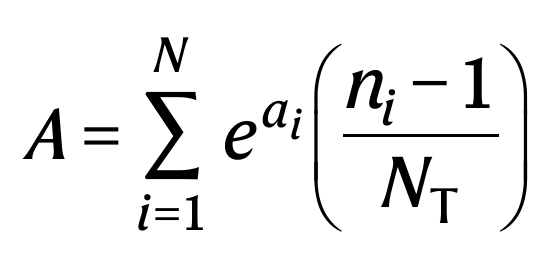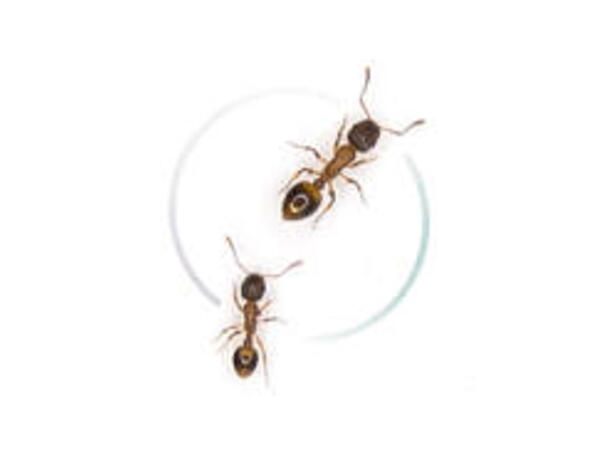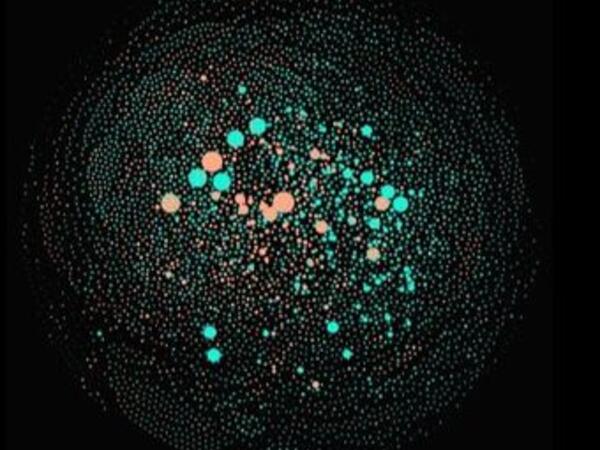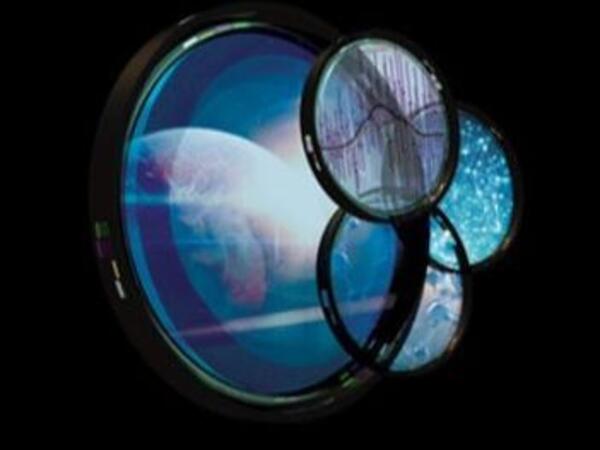Assembly Theory and Solving the Origin of Life
How does life emerge? This has proven to be one of the most stubborn open questions of modern science. Our lack of understanding is not for lack of effort - the origin of life has been a serious scientific research field for > 100 years. Yet, we are still casting about in the dark: attempts to generate life, be they spontaneous or engineered, have so far not yielded success. We are working together with our collaborators to develop a new theory - assembly theory - which aims to explain how the universe generates complexity and why that is deeply connected to the phenomenon of life. Assembly theory has so far been developed as a means to experimentally distinguish molecules that could only have been produced by a living system, and as a quantitative approach to determining how much causation and selection was necessary to generate a given ensemble of objects. We are now using the theory to predict the origin of life transition - defined rigorously as the transition from when the universe explores randomly the space of possibilities to when selection must occur only along specific trajectories through the space of what is possible.




